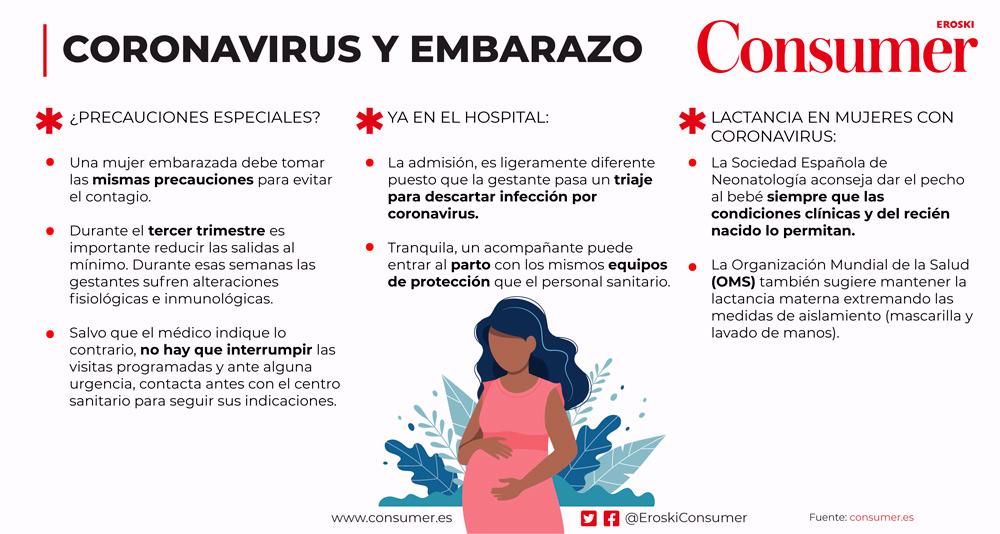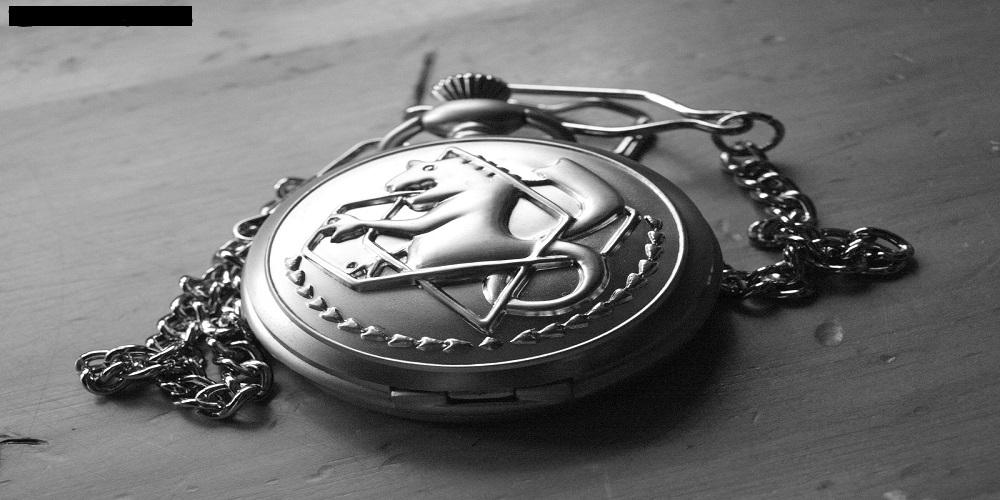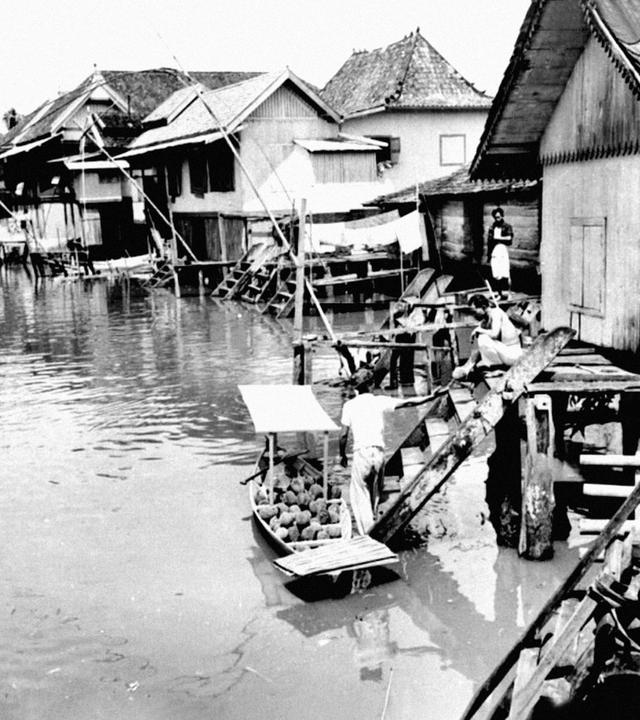Pregnancy and Covid-19: Risks and precautions
The worldwide pandemic we currently live because of the Coronavirus (COVID-19) has forced us to take hygiene habits that perhaps before we did not practice frequently and, at the same time, to protect the health of those people more vulnerable to the disease.
And it is that the spread of this mortal virus has generated a lot of concern about the impact it may have on those pregnant women and in which they recently had a baby or are breastfeeding.
Nipunie Rajapakse, an expert in infectious diseases of May Clinic, acknowledges that pregnant women, now you have to put them within the high -risk category and follow with them the same recommendations that apply in the elderly and people who have other comorbidities and health problems.He adds that pregnant women must also follow the recommendations made for the general public, which include social or physical distance, excellent hand hygiene and no contact with sick people.
"It's the safest for them until you better understand the risks and know if they need to take some specific precautions," says Rajapakse in a press release.
Pedro Vargas, a pediatrician specialized in neonatology at the Paitilla Hospital, recommends that future parents test the COVID-19 a few days before the baby's birth with the aim of detecting if there is an immediate risk that the child nuns by contact after birth after.Given the presence of some sign of malaise from the baby, the pediatrician must be consulted.
"The arrival of a baby is a gift and reason for joy for the whole family.Due to the social distancing that we live to avoid the spread of the new coronavirus, we must avoid visits to the mother and the newborn and parents must extreme hygiene at home, "recommends the doctor.
Risks during pregnancy
Vargas says that COVID-19 has particular gravity in children under one year old."The vertical transmission of COVID-19, that is, from the mother infected with the baby before birth has not been proven, however, the presence of antenatal infection markers in the baby is described, but we know that this marker can beA false positive.This lack of certainty is a problem that we must confront with great prudence and surveillance, "says Vargas.
The doctor adds that every child born from a positive mother by Covid-19 or whose result is pending, is a baby under investigation by infection.In this sense, Vargas recommends batheing the newborn immediately and carefully to remove all secretion on the skin surfaces."Hospitals and newborn rooms must take all precautions and strictly follow their protocols already developed for this purpose," says the specialist and adds that it is essential to do the test for the COVID-19 to the baby before the first 24 hours of life.
Mayo Clinic's doctor points out that although it is not yet known if pregnant women are more likely to get sick from COVID-19 or that the disease is serious in them, pregnant women are at risk of contracting serious diseases by othersrespiratory infections, such as flu.

In a small study with newborns of mothers infected with COVID-19, none of the children obtained a positive result for the disease and the virus was not found in the amniotic liquid or in the placenta.
In this sense, Rajapakse notes that the first data contributes somewhat reassuring news."In pregnant women who infected near the time of childUmbilical cord blood, in samples of the babies and breast milk, "said the doctor in the statement.
However, a report on 33 newborns of mothers with pneumonia by COVID-19 showed that three of them obtained a positive result for the virus two days after birth, despite the precautions taken to avoid the infection.
In another study of six newborns of mothers with mild symptoms of the new coronavirus, the children did not show symptoms of the disease and obtained a negative result in the test.
What can we read from Grenfell Tower To Better Prepose for Tragedies in the Future?We're discussing how tovoid ... https: // t.CO/6H7IFY7GRH
— Sarah Ticho Wed Aug 14 15:19:29 +0000 2019
"It has been informed about some newborns who have the infection, but it is not known if it was because of the narrow contact with the infected mother after birth or if the infection occurred inside the uterus or was transmitted through the placenta," he addsRajakapse in the note.
The doctor asserts that based on what is known about other coronavirus, a transmission is considered less likely through the placenta because it seems that respiratory viruses are not transmitted in this way.However, the fact that studies continue to better understand if this risk really exists.
"Communicate immediately with your doctor if you have symptoms of COVID-19 or if you were exposed to a patient.Before going to the appointment, call the doctor to inform him about his symptoms and the possible exhibition, including a trip, "recommends the doctor.
If the virus contracts and is pregnant, the goal of treatment will be to relieve symptoms, which could include drinking a lot of liquid, resting and taking medications to reduce fever, relieve pain and decrease cough.If you are very sick, you may need to receive treatment at the hospital.
Recommendations for labor and birth
If the pregnant is healthy and the labor is approaching for the birth of the baby, there are some aspects that could be maintained as always.However, prepare to be flexible.In order to protect their health and that of the baby, some health institutions restrict the number of people who may be present in the room during labor and the birth of the baby.This could also affect the visits that arise after birth.Consult the doctor about applicable restrictions, although they may vary as the Covid-19 infection rate changes in your area.The time that remains in the hospital can be shorter than usual, mentions Mayo Clinic statement.
If you have COVID-19 or wait for the test result because it presents symptoms, that situation possibly affects contact with the baby after birth.It is not known if newborns with COVID-19 have more risk of serious complications and, in addition, worry that they get sick after birth to get in touch with the droplets that an infected person says goodbye to the air."To the newborns of mothers with Covid-19 could be attended in another room and allow only someone healthy to visit them, be it the father or person in charge of their care," Rajakapse explains.
Medical institutions can also temporarily install mothers with the virus, or under investigation for the virus, in a room separated from the baby until ending all transmission precautions.The medical care team will talk to you regarding the risks and advantages of temporary separation and relevant measures, the statement said.
Post delivery baby care
Dr. Vargas, a neonatology specialist recommends that Covid-19 positive.
"Having a newborn baby and not being able to take care of it is something unnatural for a mother.But this disease warns us that a temporary absence is preferable to protect the baby.Although, each situation must be evaluated individually within the framework of all the factors to decide on the mother-child separation and the time to do it, if applicable, "says Panamanian pediatrician.
As for breastfeeding, Vargas, recommends, to mothers infected with the new coronavirus not to feed the baby directly, but milked to store it and that a person in charge of caring for the child feeds him with a bottle.
The benefits of breastfeeding are known and proven, from the nutritional aspect as of her contribution to strengthen the defense against infections mechanisms.
It is not known that COVID-19 is transmitted through breast milk, but by intimate or close contact."If the mother does not have a fever for 72 hours and her respiratory symptoms have improved even if they have not disappeared and her test for the infection is negative, she can resume the care of her baby taking all the usual hygienic precautions," says Vargas.









1595